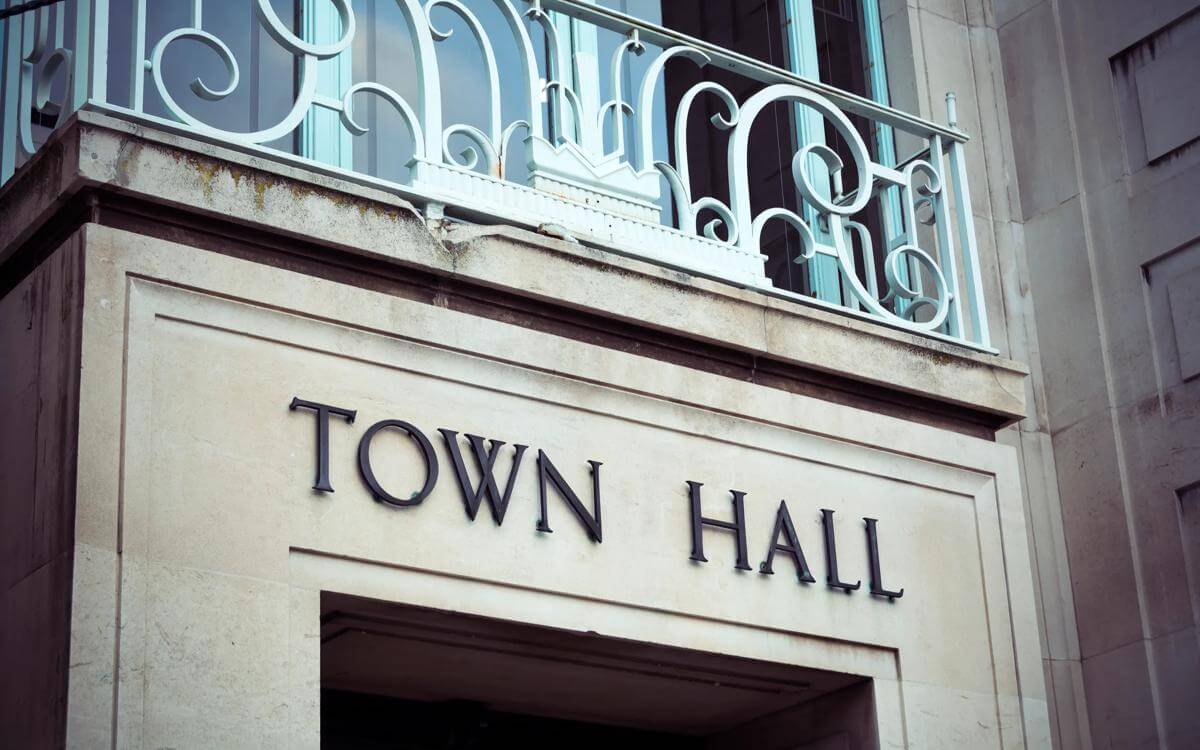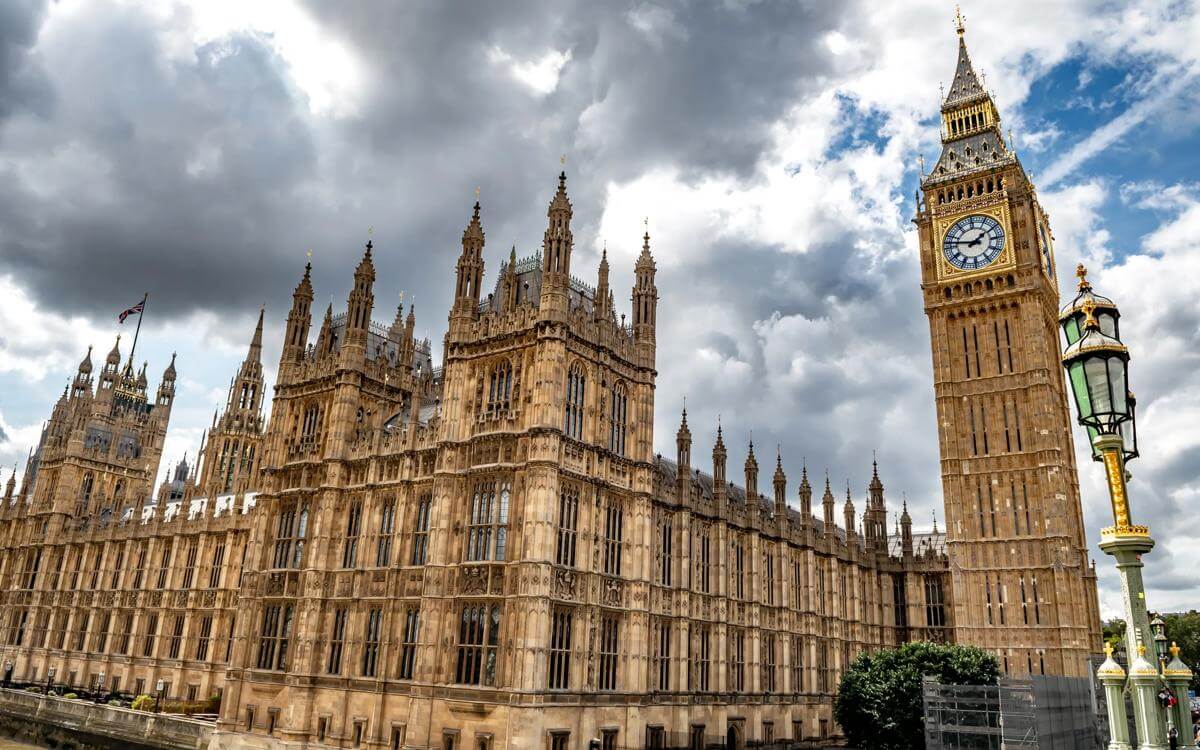Local government relationship with central government
Since the enactment of the Local Government Devolution Bill in January 2016, the Brexit vote and subsequent deal negotiations has dominated the attention of central government and as a result, devolution and departmental restructure has invariably taken a back seat.
This article is taken from December's public matters newsletter. Click here to view more articles from this issue.
Since the enactment of the Local Government Devolution Bill in January 2016, the Brexit vote and subsequent deal negotiations has dominated the attention of central government and as a result, devolution and departmental restructure has invariably taken a back seat. However, following the Chancellor’s announcement of plans to publish a white paper on the topic, it is apparent that devolution may once again be a focus for government. It will be interesting to see how the white paper will address the discrepancies between the devolution principles and certain policies within central government departments – for example, the Department for Education continues to run its academisation programmes on a regional or even national basis. With such a pronounced return to devolution, it is hoped that central government will set out clear guidance as to how it envisages the devolution process will take place consistently across central and local government rather than what has historically been a deal by deal based approach.
What is clear from central government dialogue so far, is that the two-tier local government structure is up for discussion, there seems to be a preference towards the mayoral model together with unitary councils. The ideology behind the model is that this will promote leadership on an area-by-area basis whilst also providing better value for money for tax payers. However, this approach has been met with some tension from various local authorities, suggesting that the city-centric methodology is not appropriate for all. For example, is a metropolitan mayor the best spokesperson to represent the requirements of large and diverse rural counties? Perhaps more consultation will be required for the larger counties with doubts regarding this model remaining.
Notwithstanding this, the devolution process across various local authorities has successfully begun, with a total of 10 combined authorities established and prospering although the extent of actual devolution clearly varies from area to area. If the anticipated white paper is to contain the robust plans that have been long-awaited, more local authorities may have the confidence to establish and develop collaborative partnerships that the devolution model requires. In addition, there had been previous concerns regarding a lack of contingency planning should anything go wrong within the process. Having a number of combined authorities in place is an advantage going forward in that they may be used as ‘case studies’ to see where things have been done well, and mistakes to avoid or learn from.
Whilst the announcement of the planned white paper has been welcomed, this is now against the backdrop of major political uncertainty and a looming general election. It is now a question as to how, or whether even at all, devolution will feature in the manifestos of each political party.
There will need to be significant discussions on a central and local government level, and an internal review of central government departments and roles to ensure that devolution can be delivered effectively and not to the detriment of existing public services. Central government may want to consider the following:
- Undertake an analysis of existing departmental roles and consider the changes required in light of devolution
- Look at whether recruitment is required to populate the skills required as part of the changing roles
- Assess the need for any restructure
- Consult with established combine authorities to inform any guidance published.
Contact

Natasha Davison
Senior Associate
natasha.davison@brownejacobson.com
+44 (0)330 045 2568








































